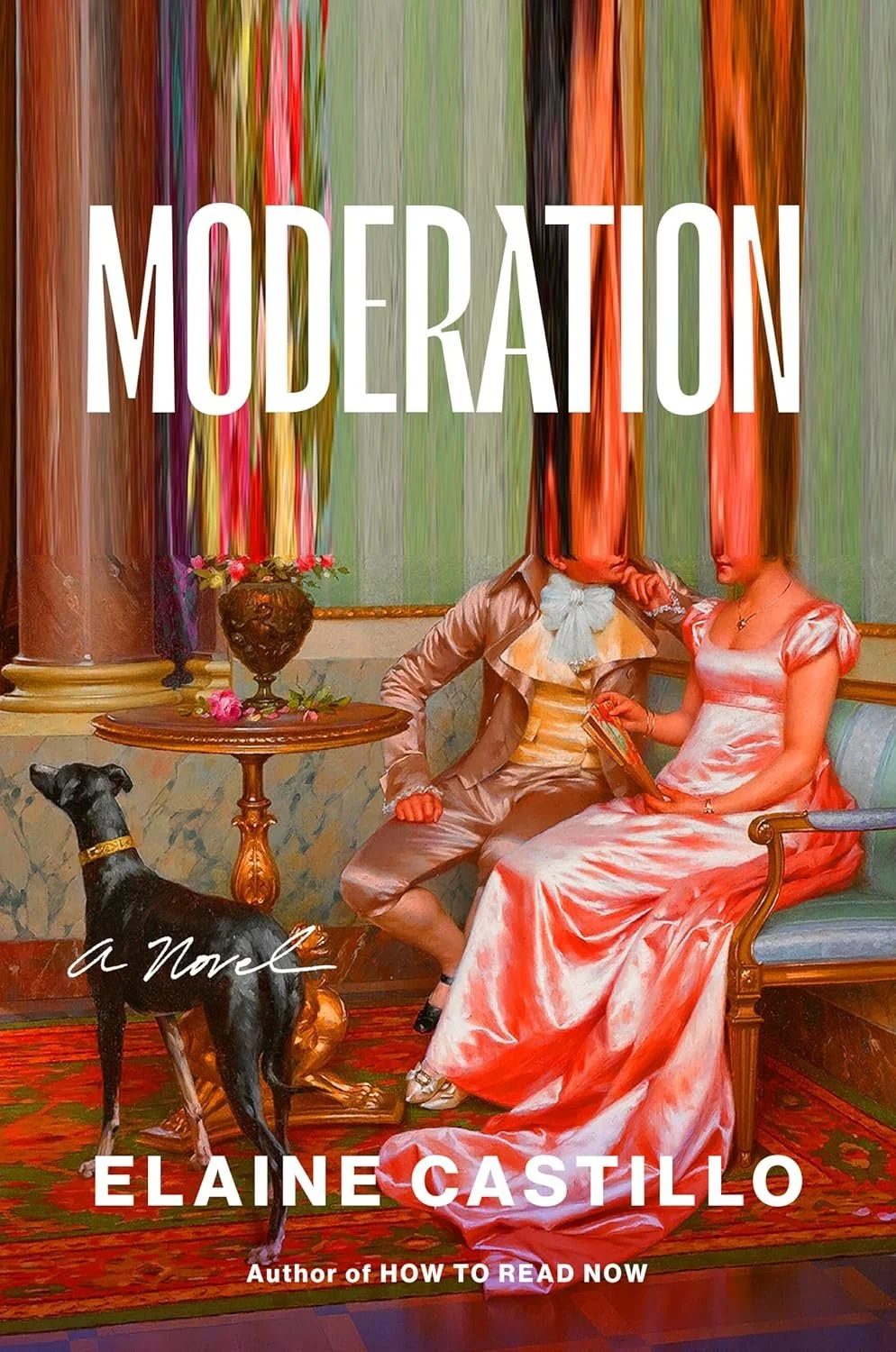Our Strangers, Lydia Davis
If brevity is a gift, Lydia Davis has it in abundance. Our Strangers, her short story collection, showcases her writing range in its full glory. The stories sprout out of quotidian and follow no distinct form. Shaped in the classic story format, some are a few pages long, whereas some are barely three lines. Davis’s crisp writing retains every transition as they drift from one form to another. In the longer stories, she keeps her sentences distinct; sentiment shines uncompromised. And the short recitals carry a penetrating glaze to them.
The thematic aspects of the stories are numerous and spring out of the routine and the ordinary: train journeys, friendships, neighbours and their seething rivalries, complaints, and letters. There is a whimsical trait to these stories Davis writes with incisive honesty. What unites them is wit – satirical and warm – and what sets them apart is the multitude of sentiments she covers in them: ageing, marriage, motherhood, identity, loneliness and many more. Objects and metaphors become symbolic to these sentiments: A canned ham on Thanksgiving Day depicts loneliness, and the debate of a mother between choosing to sacrifice her right arm or left for her child’s happiness is a stark commentary on mothering.
In the titular title story of the book, Davis elicits the emotion of a ‘stranger.’ She writes: ‘We are like a family and unlike a family since we come together as strangers and form a temporary alliance. While family members often come to be strangers and are bound together only by blood.’ The stories all wear this remoteness at their periphery. Lydia Davis’s astute writing is profound and mellow at once, brilliantly paved on observation as she creates her metaverse one story at a time.
Editorial Picks




